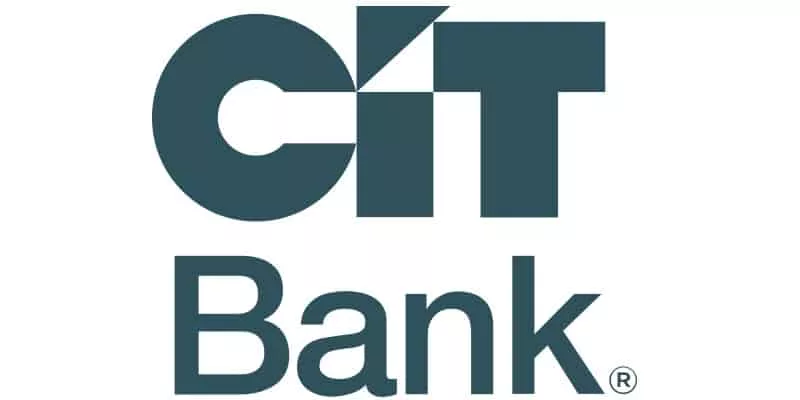Question: Can I dispute a credit card charge that I willingly paid for?
Yes. The Fair Credit Billing Act (FCBA) helps consumers dispute a variety of errors or mistakes that may appear on their credit card billing statements.
The FCBA covers open-end credit accounts, like credit cards, retail accounts and department store cards. Under the law, if a consumer is disputing a charge creditors cannot report the consumer's account as delinquent.
Top 9 Charges and Mistakes the FCBA Assists Consumers With
- Unauthorized Charges: Charges for goods or services you didn't purchase or authorize. This can include fraudulent transactions or errors made by the merchant.
- Incorrect Charges: Charges that are billed for the wrong amount, either higher or lower than the actual price.
- Charges for Goods or Services Not Accepted: Charges for items you never received or services that were not performed as agreed.
- Charges for Services Not Rendered as Agreed: When a service provider doesn't fulfill their obligations as agreed, you can dispute the charges under the FCBA.
- Failure to Credit Payments or Returns: When a payment you made or a return you processed is not reflected on your statement.
- Math Errors: Incorrect calculations on your statement, such as addition or subtraction mistakes.
- Billing Statement Errors: Mistakes in the billing statement itself, like an incorrect billing address or account number.
- Failure to Send a Statement: If you don't receive your billing statement, you're still protected under the FCBA for any errors that may be on the statement you didn't receive.
- Other Billing Errors: The FCBA covers any other errors related to the property or services purchased with the credit card, as long as the transaction occurred in your home state or within 100 miles of your current mailing address.
The FCBA provides you with the right to dispute these errors and places the burden on the creditor to investigate and resolve the issue promptly.
How to dispute credit card charges using the FCBA
You must act quickly due to the 60-Day Dispute Window. You have 60 days from the date you receive the statement with the error to submit your dispute in writing. Don't delay, as missing this deadline could affect your rights under the FCBA.
Here's a breakdown on how to dispute billing errors on your credit card statement using the Fair Credit Billing Act (FCBA).
Write a Formal Dispute Letter:
- Key Information: Include your name, address, account number, a clear description of the error (including date and amount), and the reason you believe it's an error. Here is a sample letter.
- Supporting Evidence: If available, provide copies (not originals) of receipts, invoices, or any other documents that support your claim.
- Keep a Copy: Make sure to keep a copy of your letter and any supporting documents for your records.
Mail the Letter to the Correct Address:
- Billing Inquiries Address: Send the letter to your credit card company's designated billing inquiries address. This address is usually found on your statement or the back of your credit card. Don't send it to the general payment address.
- Certified Mail: Consider sending your letter via certified mail with return receipt requested, so you have proof of delivery.
Continue Paying Undisputed Amounts:
- Avoid Late Payments: While the dispute is being investigated, you're still responsible for paying the undisputed portion of your bill by the due date to avoid late fees and potential damage to your credit score.
- Creditor is Temporarily Prohibited: The creditor may not take any legal or other action to collect the disputed amount and related charges (including finance charges) during the investigation and the creditor may not threaten your credit rating or report you as delinquent while your bill is in dispute.
Wait for Creditor's Response:
- Acknowledgement: The creditor must acknowledge your dispute in writing within 30 days of receiving it, unless the error is corrected within that time.
- Investigation: The creditor has two billing cycles (but no more than 90 days) to investigate your dispute and provide a written response.
- Resolution: If the error is confirmed, the creditor must correct it, remove any related finance charges or late fees, and notify you in writing.
- If You Disagree: If you disagree with the creditor's findings, you can respond in writing within 10 days, explaining why you believe the error still exists. You can also contact the Consumer Financial Protection Bureau (CFPB) for further assistance.
Fair Credit Billing Act v. Fair Credit Reporting Act
Both the Fair Credit Billing Act (FCBA) and the Fair Credit Reporting Act (FCRA) are federal laws related to consumer credit, they serve different purposes and address distinct aspects of credit reporting and billing practices. Here's a brief overview of the key differences between the two:
Fair Credit Billing Act (FCBA)
- Establishes procedures for consumers to dispute billing errors.
- Limits the liability of consumers for unauthorized credit card charges.
- Requires credit card issuers to promptly investigate and resolve billing disputes.
- Provides temporary crediting of disputed amounts during the investigation.
Fair Credit Reporting Act (FCRA)
Purpose: The FCRA is more comprehensive and addresses the accuracy, fairness, and privacy of information in consumer credit reports.
- Regulates the collection, reporting, and use of consumer credit information.
- Requires accuracy and fairness in the preparation of credit reports.
- Grants consumers the right to access their credit reports and dispute inaccuracies.
- Imposes obligations on credit reporting agencies to investigate and correct disputed information.
- Specifies how long certain information can stay on a consumer's credit report.
Bottom Line
Under the FCBA consumers with credit cards can depend on federal laws specifically concerned with billing errors in credit card transactions, contributing to consumer protection in the realm of credit














